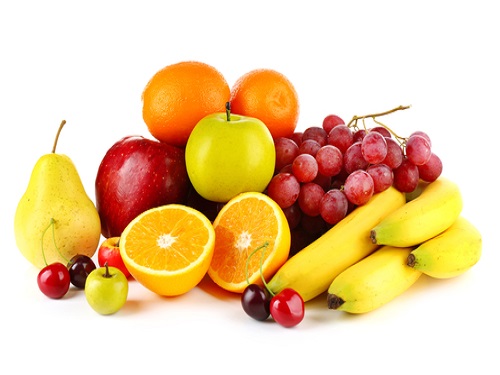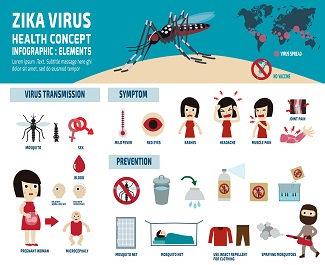Constipation is common during pregnancy. According to the American Pregnancy Association, constipation affects half of the expecting mothers at some point during their pregnancy.
Causes of constipation during pregnancy
Elevated progesterone levels during pregnancy relax the muscles that squeeze food along the digestive tract, thus slowing down the movement of the intestines. This worsens if your diet is low in fibre and water.
Furthermore, if you suffer from extreme nausea during early pregnancy, you may struggle to eat and drink enough to move your bowels. If you vomit as well, you may become dehydrated, which can cause hard stools.
Iron supplements may also contribute to constipation during pregnancy. Normal iron supplements do not absorb well in the digestion process and hence very little iron makes its way into the bloodstream. Much of it is left in the intestines. The leftover iron binds with other undigested substances to become sticky and tar-like and does not move well out of the bowel.
Constipation relief during pregnancy
The first step in finding constipation relief is to make sure that you are drinking enough water. You should drink at least eight cups of water a day.
Furthermore, you can eat foods that are rich in fibre. Fibre is important because it pushes the intestines to work harder.
Also, please be careful when you wish to use over-the-counter medicine to treat constipation as some of them may not be suitable for pregnant women.
When should you see the doctor for treatment?
If the constipation persists after you have taken the steps above, talk to your gynaecologist. If you are taking iron supplements, your doctor may advise you to stop as they may be contributing to your constipation.
In general, mineral oils, oral laxatives, enemas and rectal suppositories should be taken only after talking to your doctor because they may stimulate labour.
Preventing constipation during pregnancy
1. Ensure that your diet is rich in fibre by eating plenty of wholegrain bread or cereal, vegetables such as pea, tomato, carrot, sprout and cabbage and whole fruits like orange, apple, pear and prunes.
There are two types of fibre that eases constipation in slightly different ways. They are soluble and insoluble fibre.
Insoluble fiber bulks up your stool and acts like a brush, sweeping through your bowels to get everything out and keep things moving.
The soluble fibre absorbs water and forms a gel-like substance. This helps your stool pass through your bowels smoothly and improves its form and consistency.
2. Drink sufficient water. Drinking a cup of warm water before taking your breakfast can help stimulate the movement of your intestine. You may want to add some lemon to the water. This will help you to pass the waste and at the same time deal with morning sickness during early pregnancy.
3. Getting plenty of gentle exercises such as brisk walking will also help to relieve constipation during pregnancy.
4. Having honey every morning can also help to prevent and relieve constipation during pregnancy. You may consume honey by adding a tablespoon of it to a cup of warm water.
5. Drink prune juice. Prune juice can help to stimulate bowel movement which can help to relieve constipation during pregnancy.
6. Reduce or eliminate iron supplements from your diet as they may contribute to your constipation. Your gynaecologist may recommend iron supplements if you experience anemia. However, natural food sources in your diet and good nutrition can often meet your iron needs during pregnancy. Hence, you can consult your doctor to check whether you can reduce the doses of iron supplement.
Reminder: Please consult your doctor if you wish to take medicines to relieve the constipation. You should also consult the doctor if you develop hemorrhoid.
Subscribe to receive newsletter on pregnancy and parenting in Singapore.


